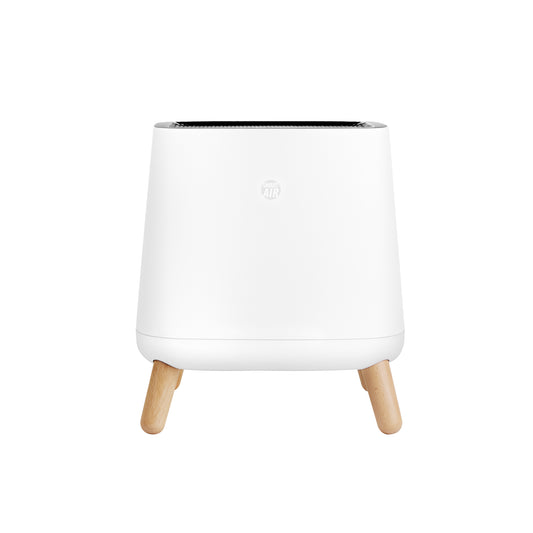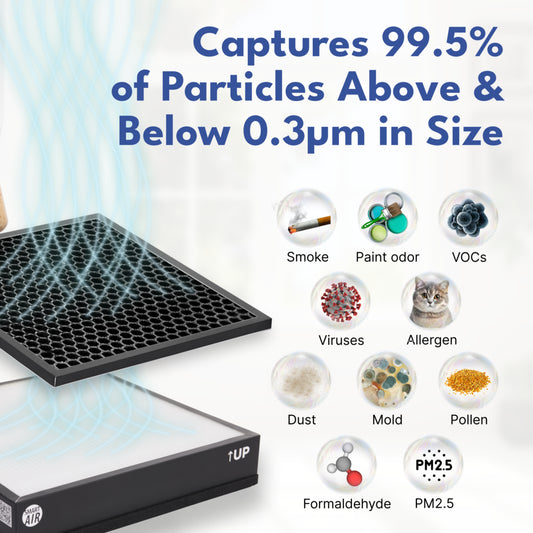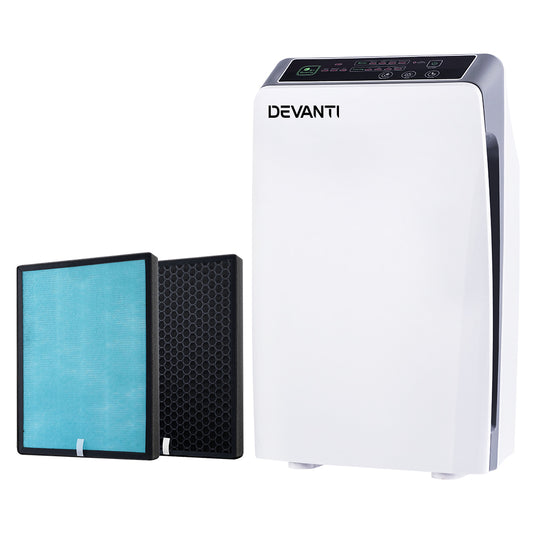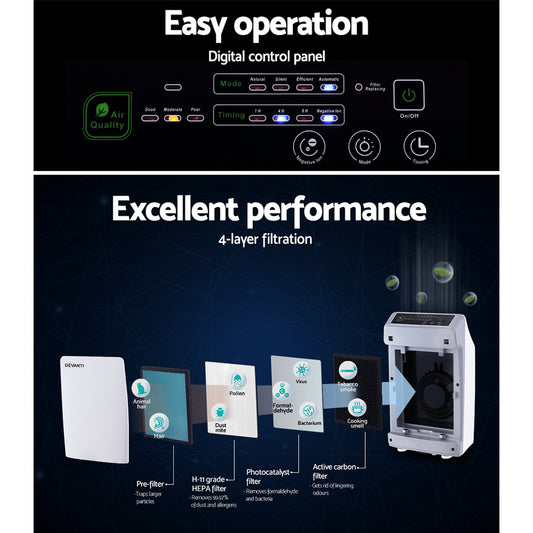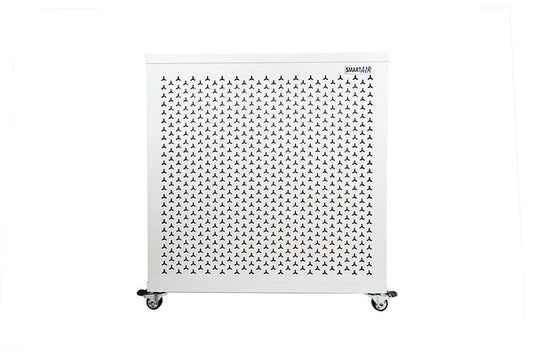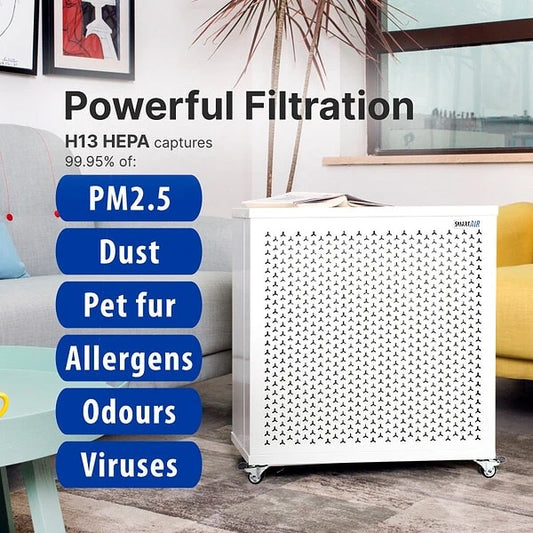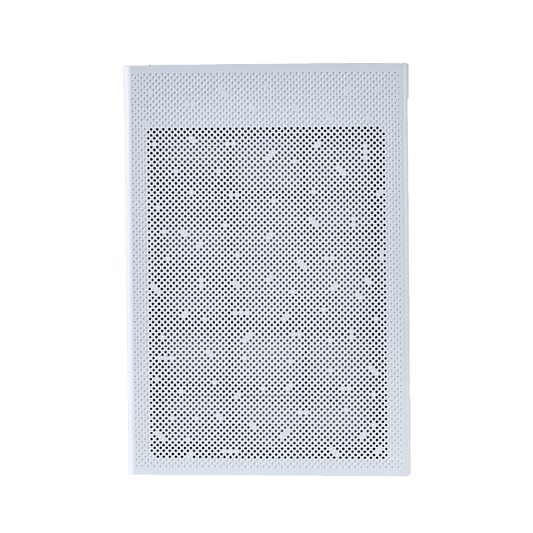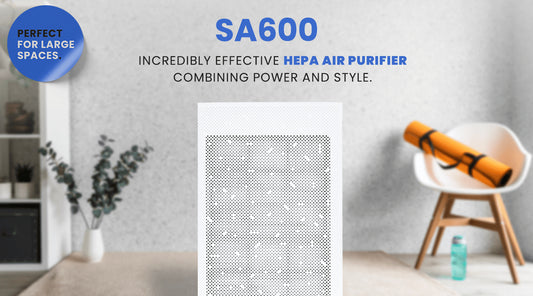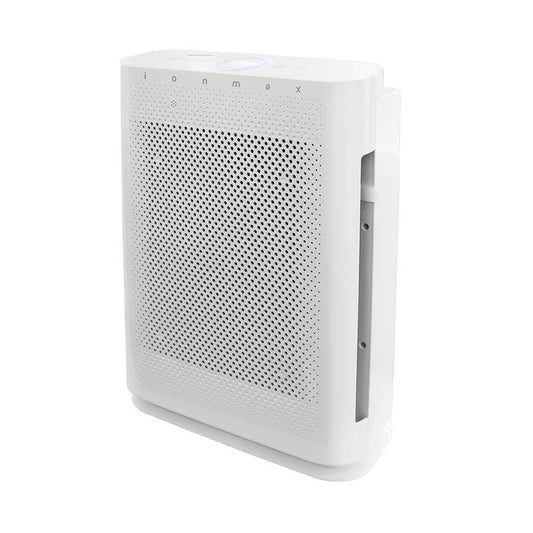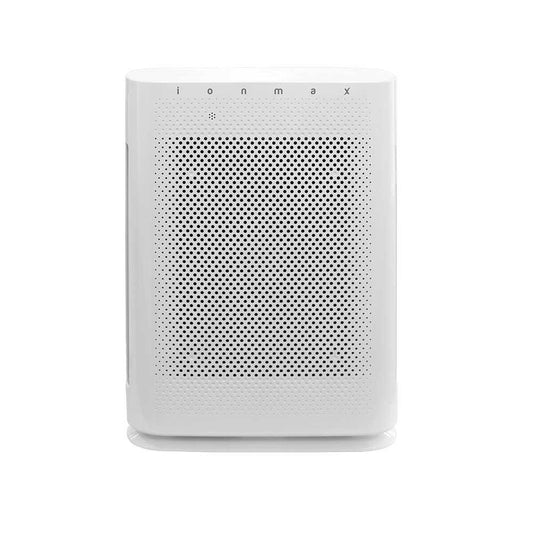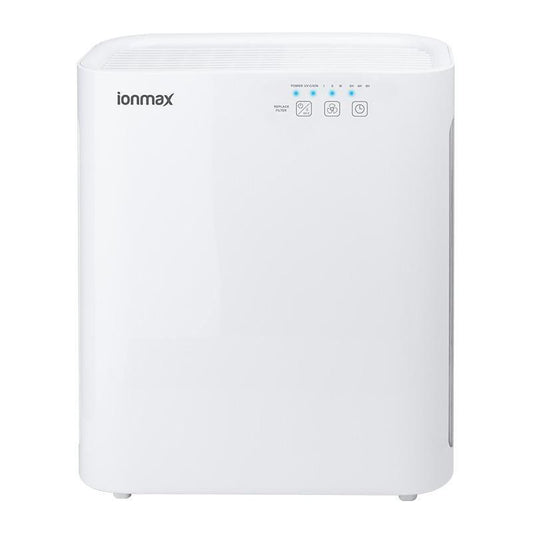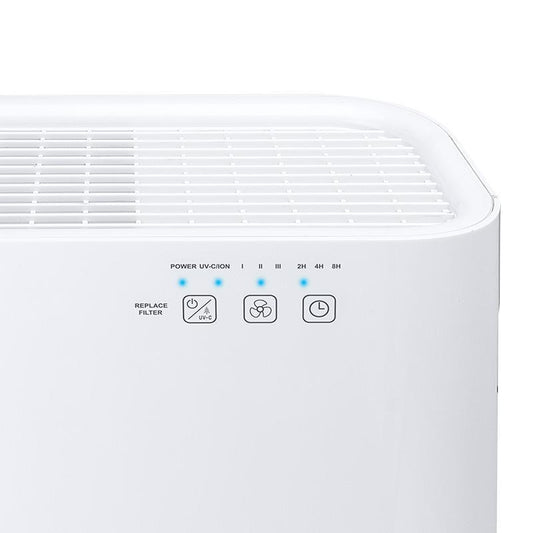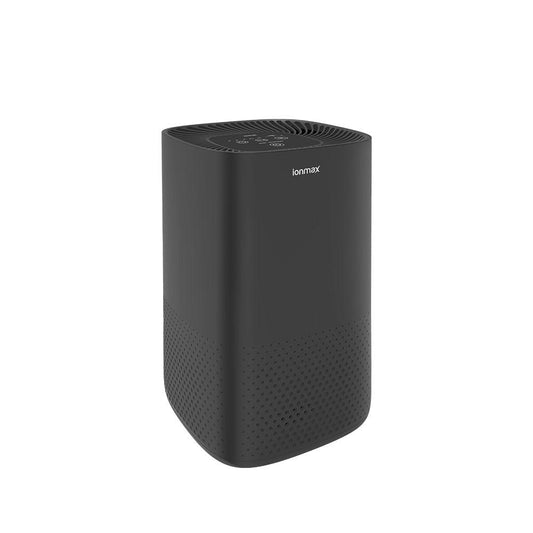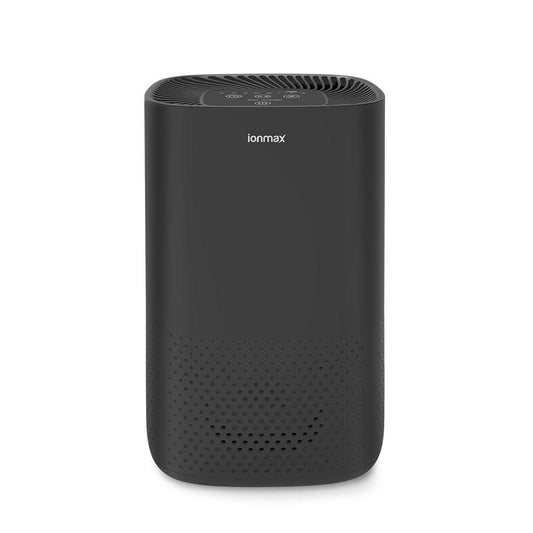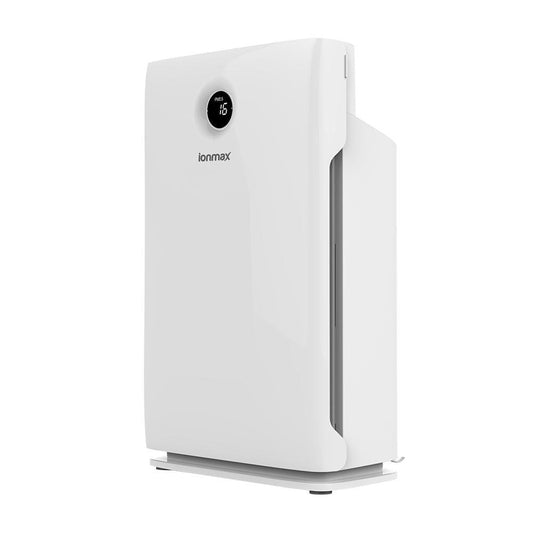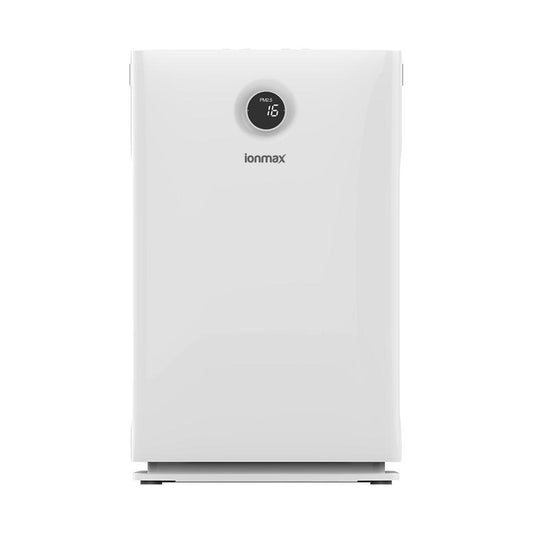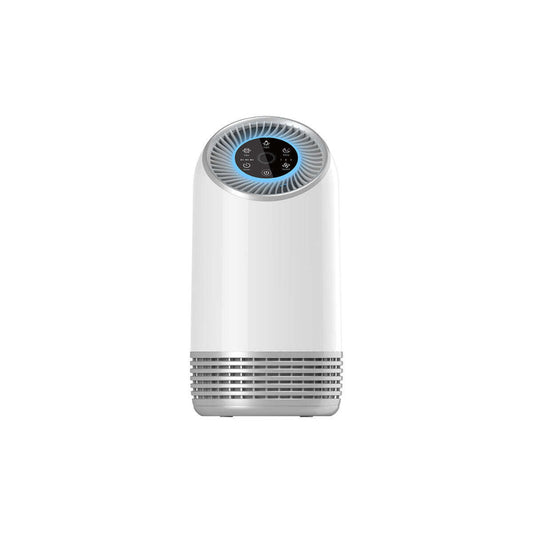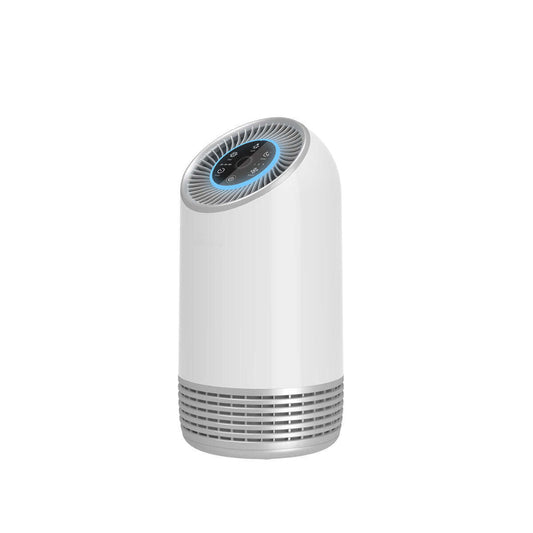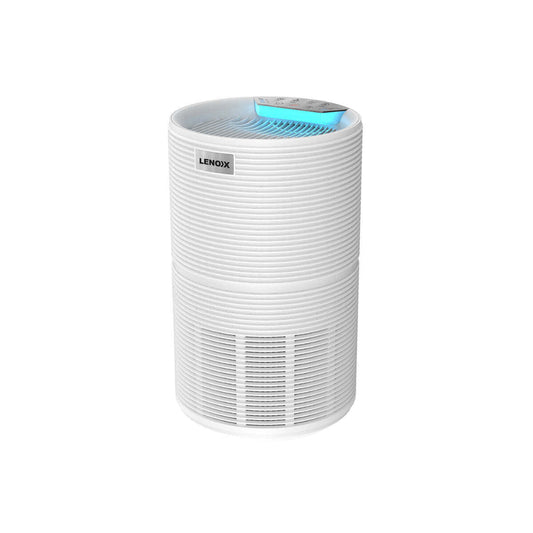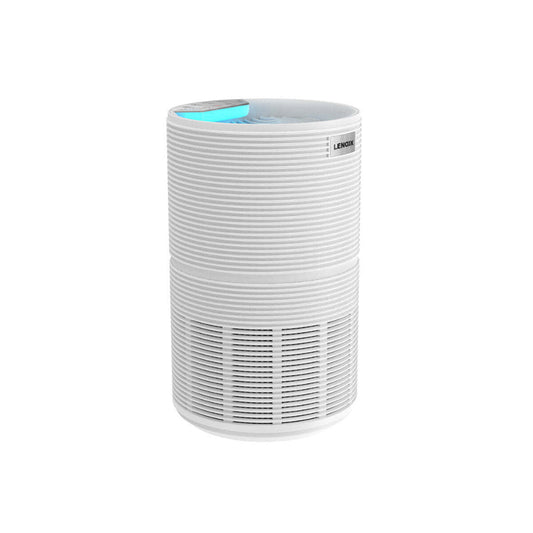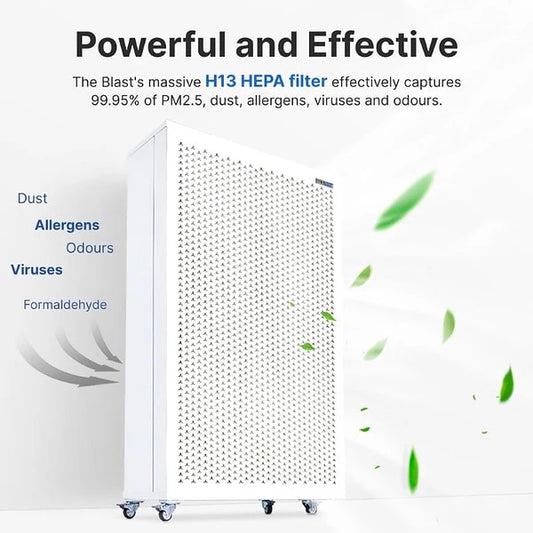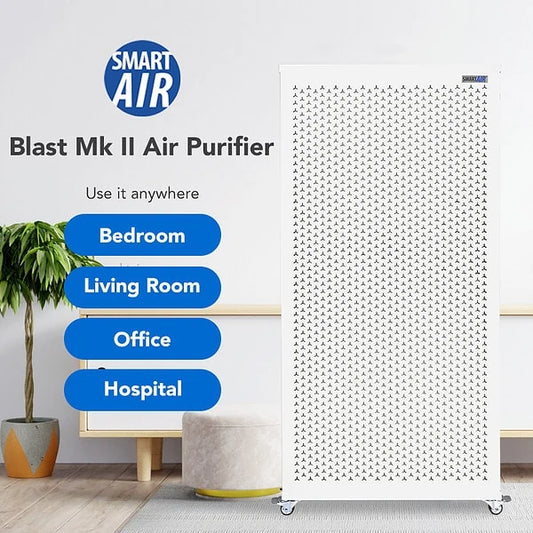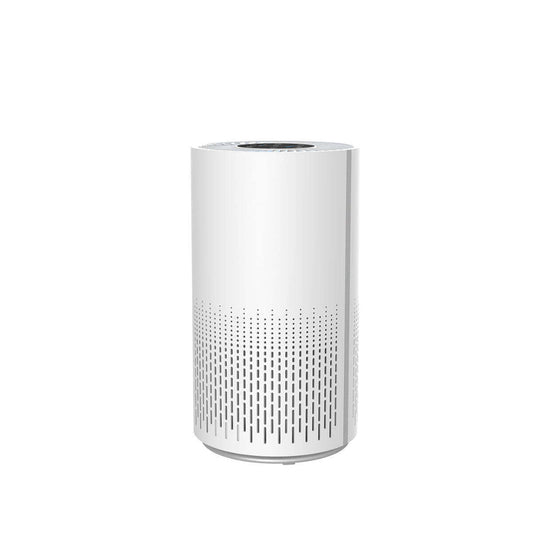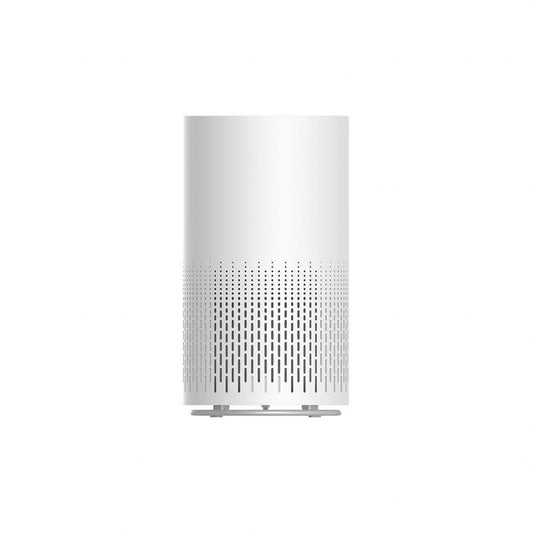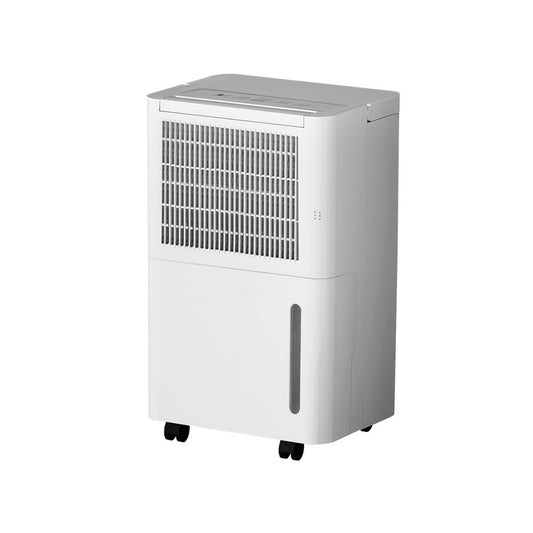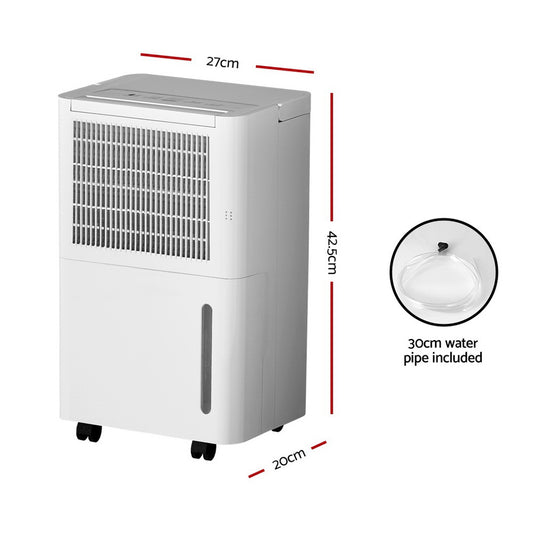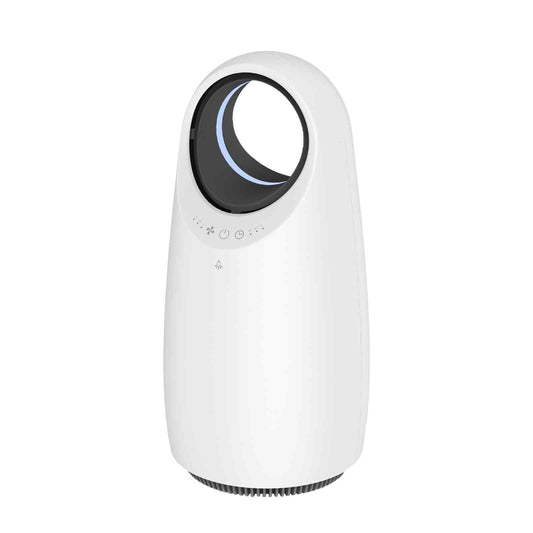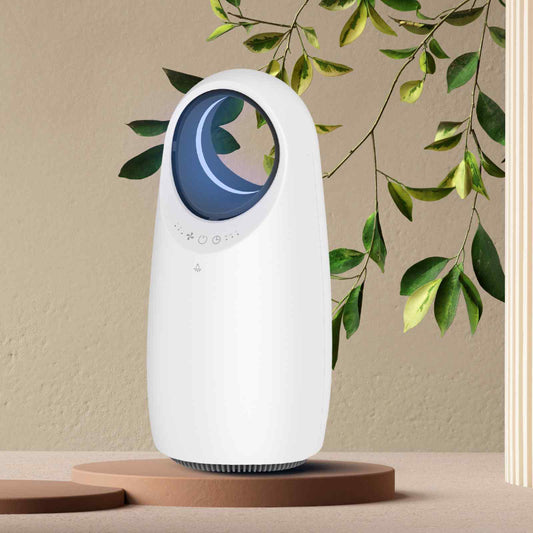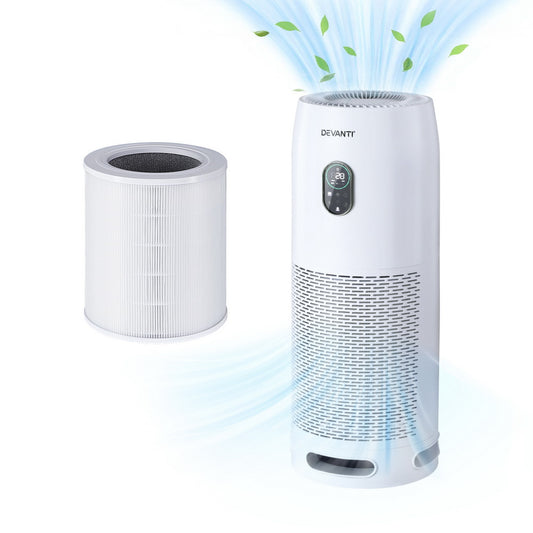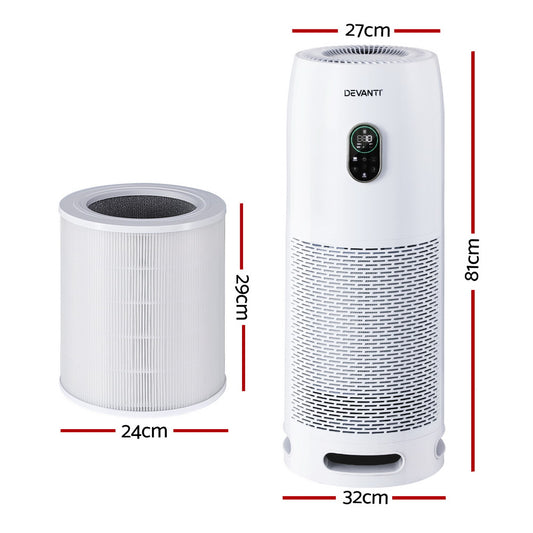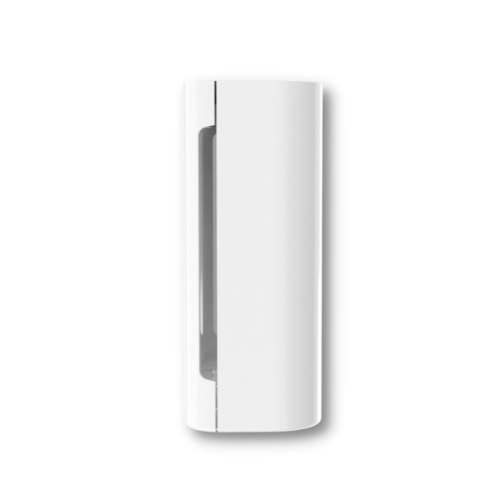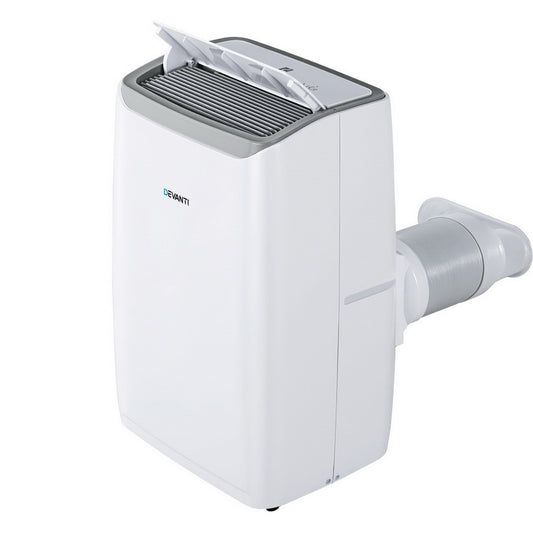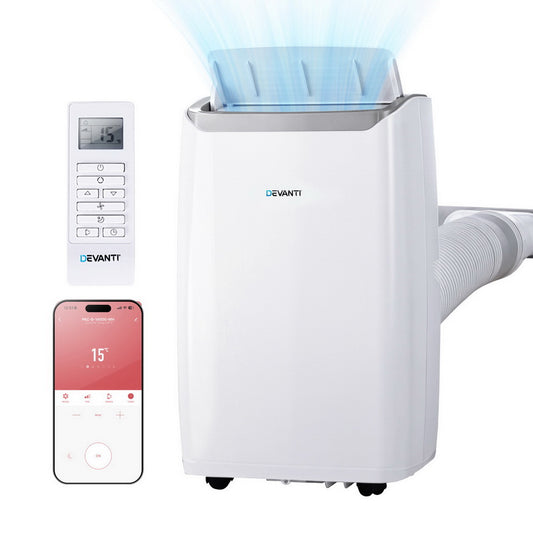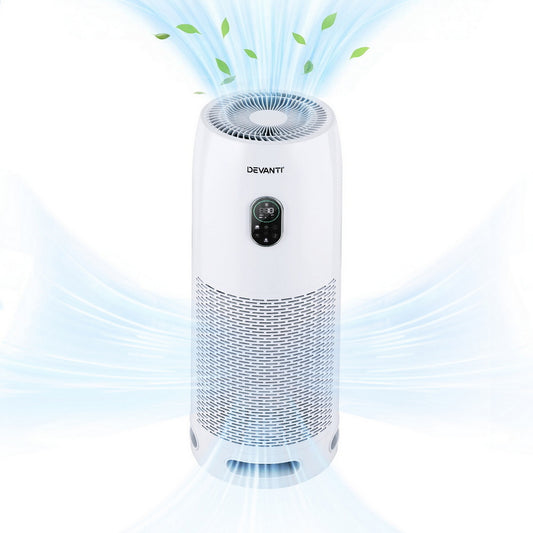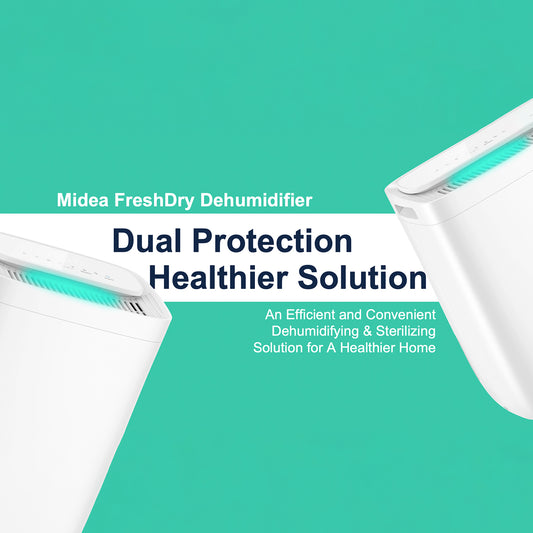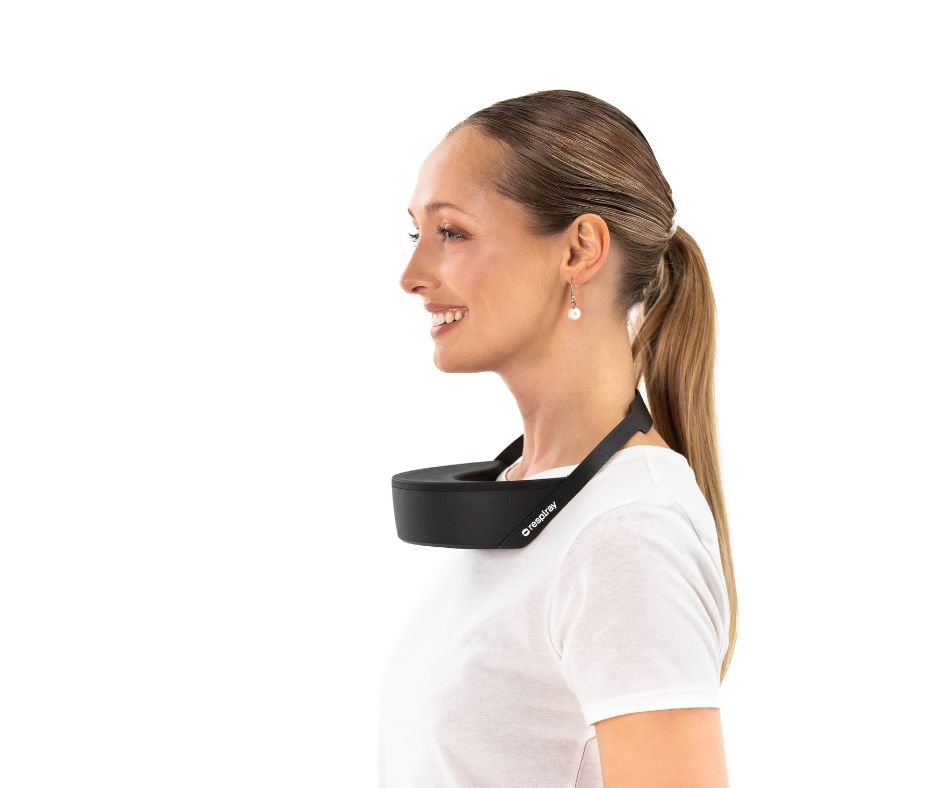-
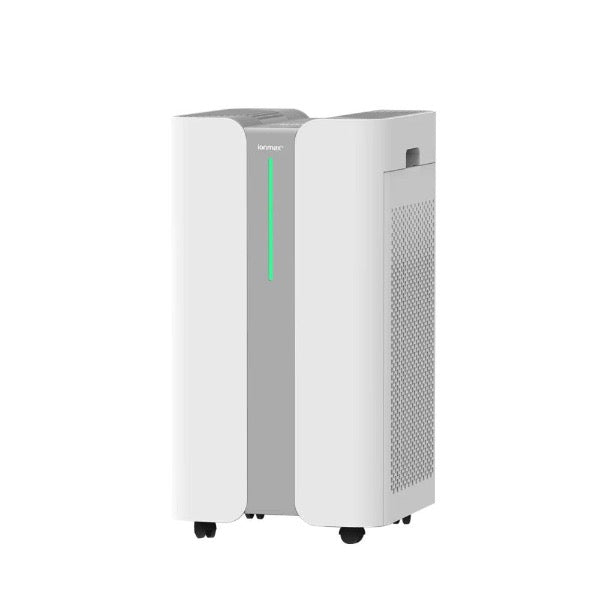
Best Air Purifiers for a Large Space
HEPA filter air purifiers tailored for spacious areas
-
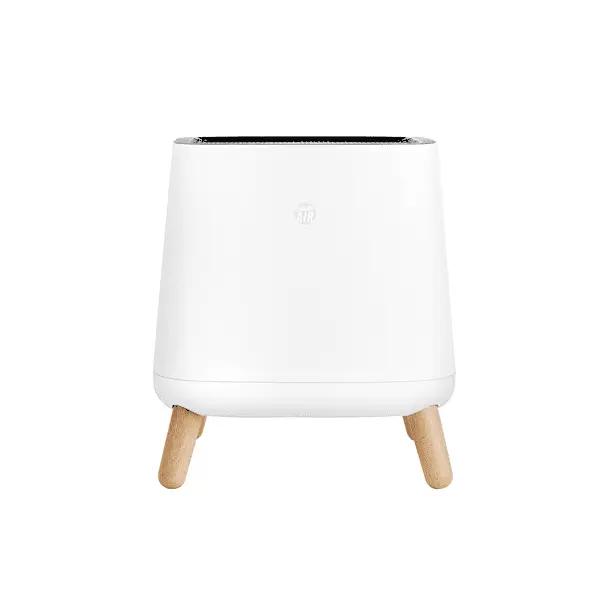
Air Purifiers
Explore our comprehensive range of air purifiers, each equipped with advanced HEPA...
Air purifiers for dust mite allergy
How to choose an air purifier if you have dust mite allergy
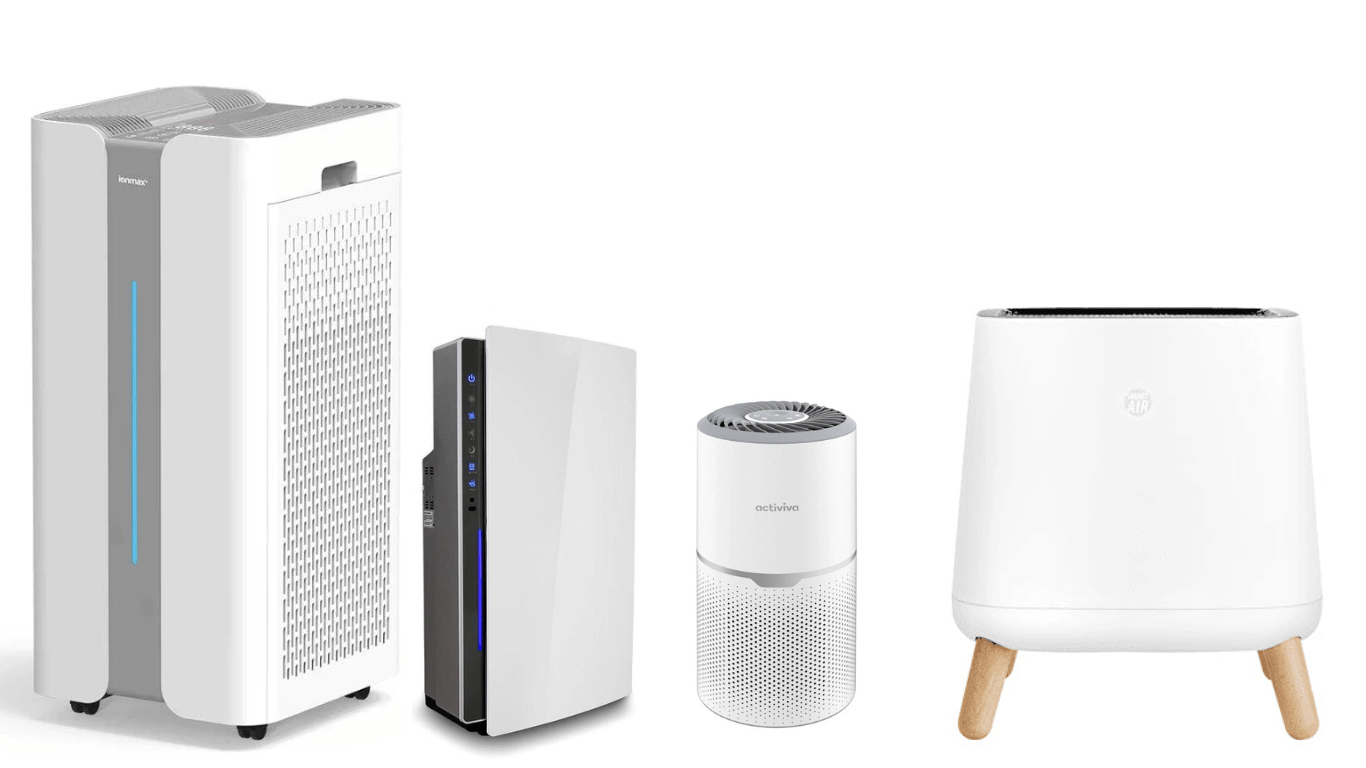
HEPA filter to capture allergens
The most important element in choosing an air purifier if you have allergies .Ensure the air purifier has a True HEPA filter, capable of trapping dust mites and other allergens as small as 0.3 microns.
CADR measures how fast an air purifier cleans particles
CADR helps determine the purifier's effectiveness in different room sizes. CADR measures how quickly an air purifier can clean the air of specific particles in cubic feet per minute. Higher CADR means the purifier can clean a larger volume of air more quickly.
Noise level
Noise Level: Look for a model with low noise output, especially if it will be used in bedrooms or living spaces.
HEPA Filter Guide
What is a HEPA filter?
A HEPA filter is a special type of air filter that catches very small particles like dust, pollen, and pet dander to clean the air.
It uses a dense layer of fine fibers to trap these particles, making the air healthier to breathe.
Are all HEPA filters the same?
No, not all HEPA filters are the same. There are different types, with some filters offering basic HEPA filtration and others providing more advanced, medical-grade filtration.
The main difference is in how effectively they can capture tiny particles from the air. Some HEPA filters are designed for general use, while others are made to meet stricter standards, like those used in hospitals.
What are HEPA filters made of?
HEPA filters are made primarily of a mat of very fine, randomly arranged fibers. The most common materials used in these fibers include:
- Fiberglass: This is the traditional material used in HEPA filters. The fibers are typically very thin, often less than 1 micron in diameter. Fiberglass is used because of its ability to trap particles through various mechanisms without restricting air flow significantly.
- Polypropylene: Some modern HEPA filters use polypropylene fibers instead of fiberglass. Polypropylene is a type of plastic that offers similar filtration efficiency but can be less irritating to handle and potentially more resistant to moisture and chemical damage.
- Polyester: Like polypropylene, polyester is another synthetic fiber used in some HEPA filters. It's known for its strength, resistance to chemicals, and durability, making it suitable for air filtration.
How do HEPA filters work?
According to Wikipedia, "HEPA filters are composed of a mat of randomly arranged fibers."
HEPA filters are highly efficient air purifiers composed of a dense mat of randomly arranged fibers, typically made from polypropylene or fiberglass with fiber diameters between 0.5 and 2.0 micrometers. To put it in perspective, 0.5 micrometer is equivalent to 0.0005 millimeters.
They capture airborne particles through mechanisms like interception, impaction, diffusion, and sieving, achieving at least 99.97% efficiency at trapping particles that are 0.3 microns in diameter.
Can HEPA filters be washed and reused?
Most HEPA filters cannot be washed and reused because water and cleaning agents can damage their delicate fiber structures, reducing their effectiveness.
However, some HEPA filters are specifically designed as washable or permanent, and these can withstand gentle rinsing under water if done according to the manufacturer's instructions.
Despite this, even washable HEPA filters should be replaced periodically to maintain optimal filtration performance, as repeated cleaning can degrade their efficiency over time.
For non-washable filters, it is best to replace them as per the manufacturer’s recommended schedule to ensure continued high air quality.
Do air purifiers work for dust mite allergies?
With so many different types of air purifiers on the market, it can be difficult to know which one is right for you. In this guide, we'll provide you with some tips for choosing an air purifier that will meet your needs.
-
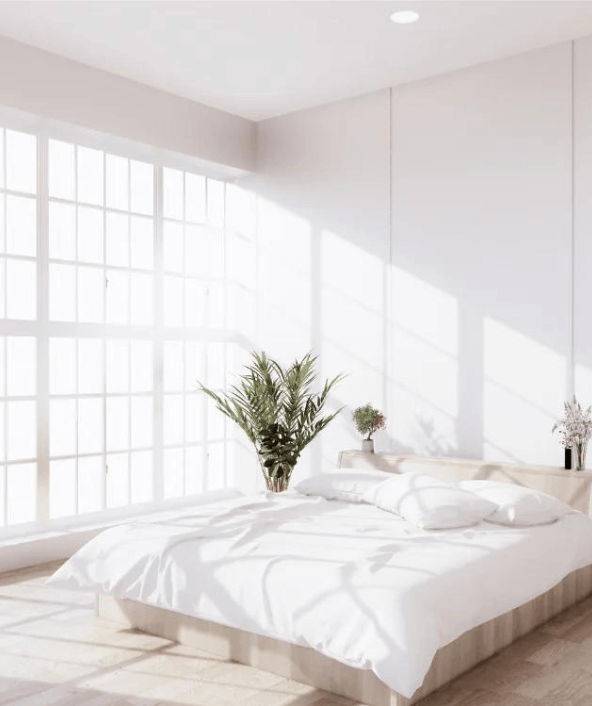
How to know if you have dust mites?
Signs of dust mites in your home -
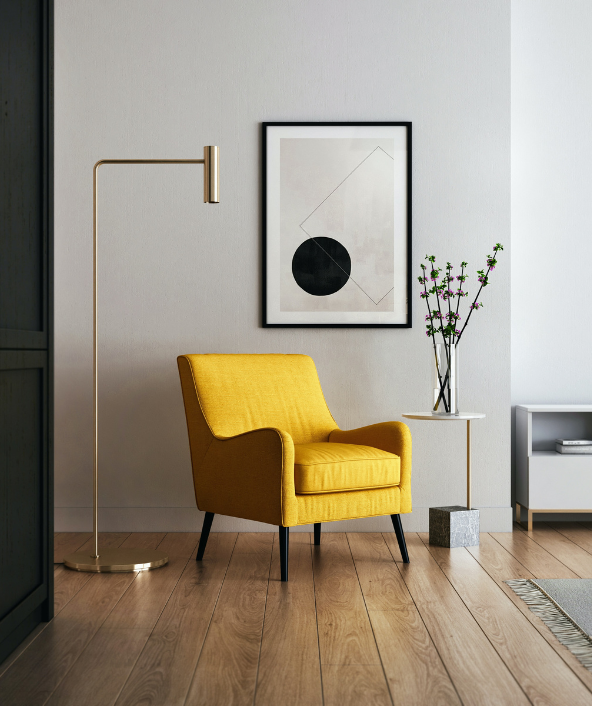
Eliminate dust mites - room by room guide
How to get rid of dust mites -
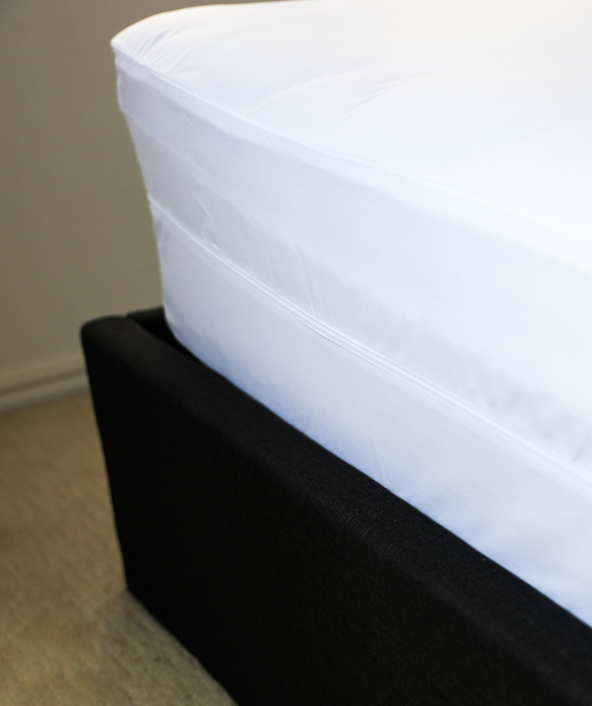
Can allergy mattress covers help?
Your questions answered
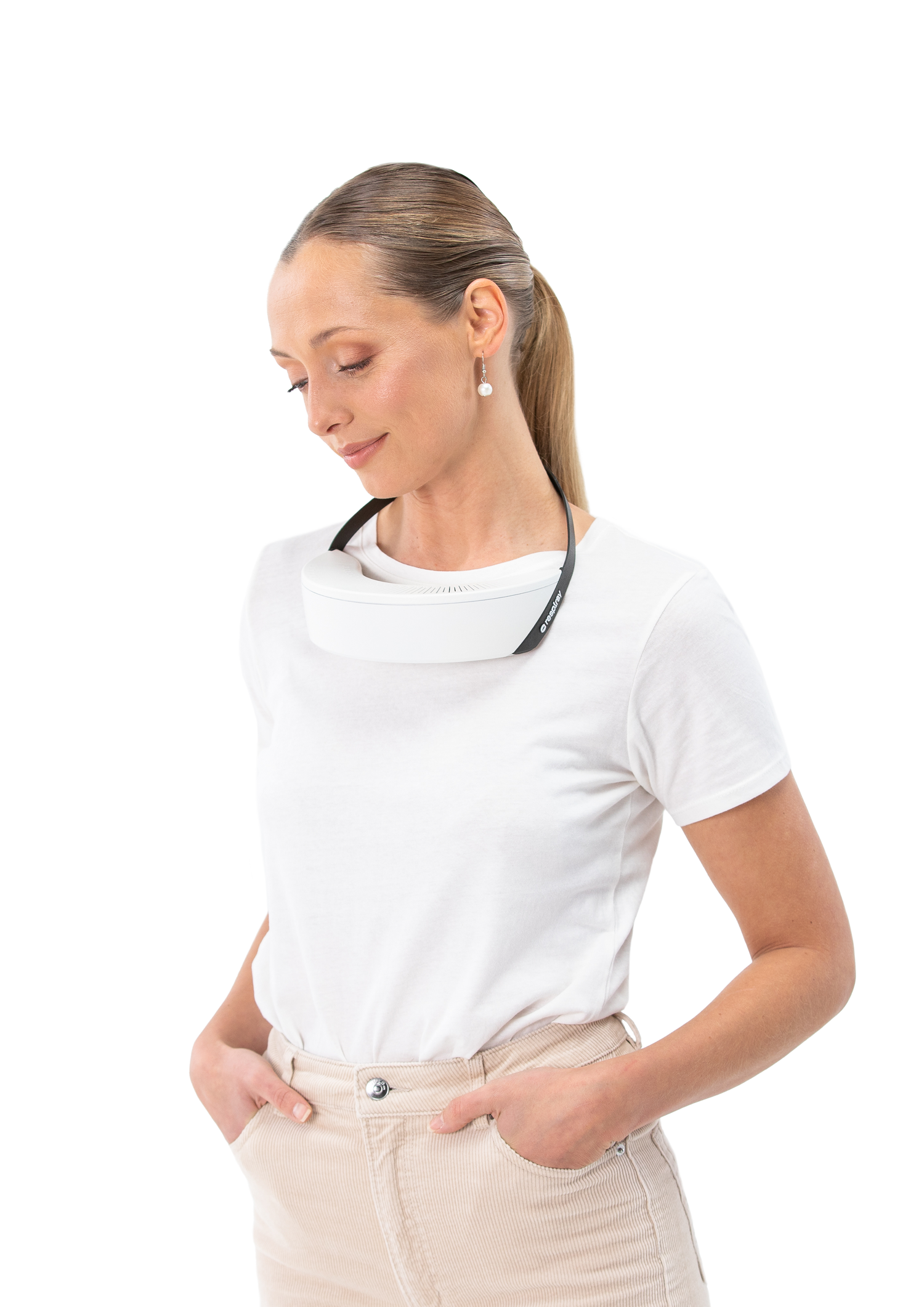
RESPIRAY WEAR A+ Wearable Air Purifier
Respiray's light-weight, wearable air purifier, Respiray Wear A+, has been scientifically shown to significantly decrease the amount of airborne allergens inhaled by the user. This product can help alleviate common allergy symptoms such as sneezing, nasal congestion, and watery eyes.

